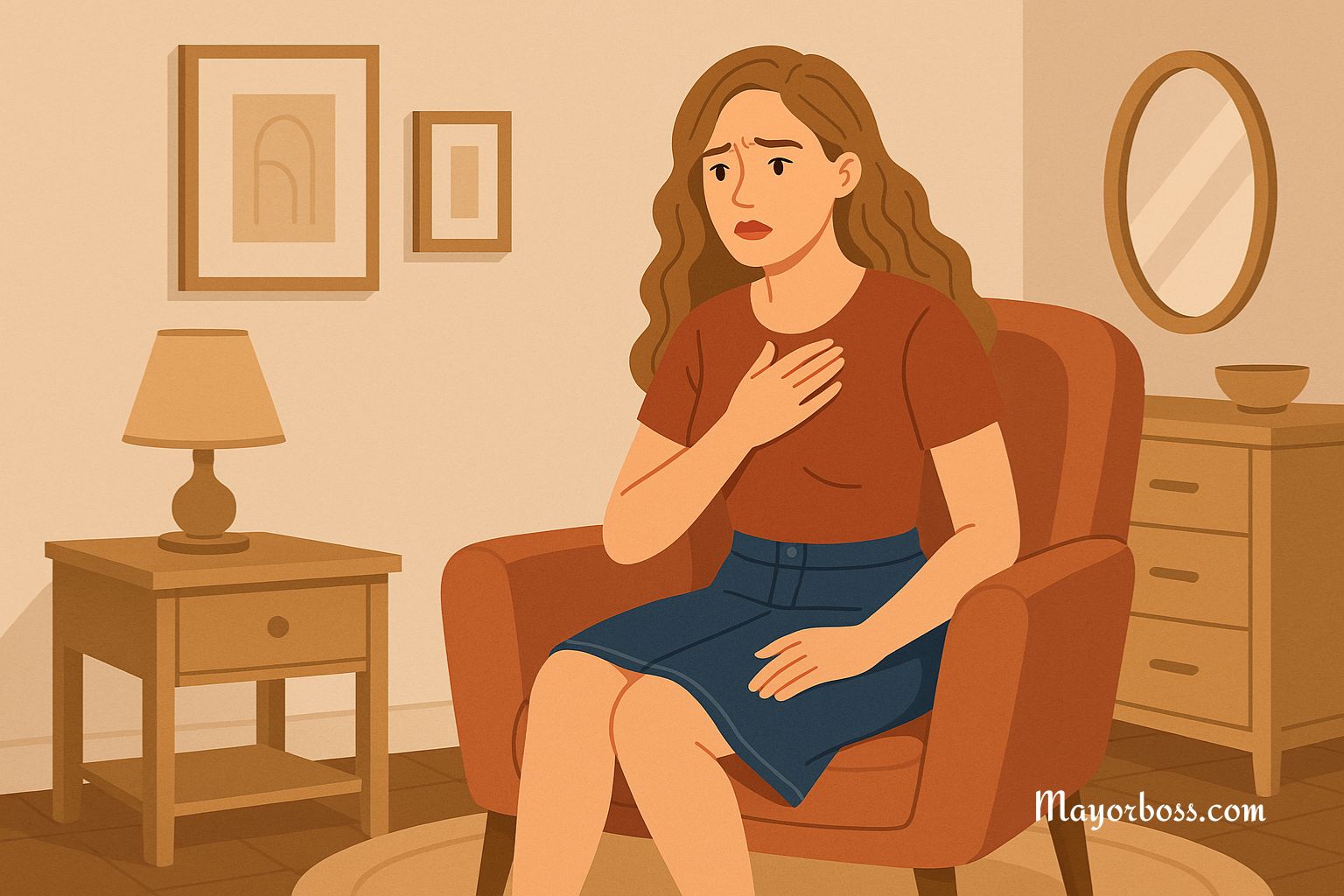10 Signs Of A Concussion
Concussion — a type of traumatic brain injury that changes how your brain functions — is more common than most people realize. It results from a blow to the head or body, a fall, or any other injury that shakes the brain inside the skull. Symptoms may include amnesia or forgetfulness, headaches, slowed reaction time, and problems with concentration, balance, and coordination, according to the American Association of Neurological Surgeons.
While concussions are usually associated with sports injuries, they can happen in everyday activities. As Dr. Natalia Hapych, a family doctor, emphasizes, “You don’t need to be an athlete to suffer a concussion. A simple fall or even a mild bump on the head can sometimes be enough.”

Signs Of A Concussion
1. Headache
A headache is often the most common symptom of a concussion. It can range from mild to severe, and its presence does not necessarily correlate with the severity of the injury.
2. Confusion or Feeling Dazed
People with concussions often feel dazed or confused at the time of the injury. They may also have difficulty remembering events before or after the concussion.
3. Memory Problems
Memory issues can be a sign of a concussion. This may manifest as trouble remembering new information or forgetfulness of recent events.
4. Dizziness or Balance Problems
A concussion can cause dizziness or problems with balance. If you notice a sudden onset of these symptoms following a head injury, it could be a sign of a concussion.
5. Nausea or Vomiting
Some people may experience nausea or vomiting after a concussion. If these symptoms persist, it’s essential to seek medical attention.
6. Sensitivity to Light or Noise
Heightened sensitivity to light or noise can occur after a concussion. This could mean discomfort in bright light or loud environments.
7. Sleep Disturbances
A change in sleep patterns, whether sleeping more or less than usual, can be a sign of a concussion. Additionally, having trouble falling asleep or waking up might indicate a concussion.
8. Mood Changes
Concussions can sometimes lead to mood changes. This can include irritability, sadness, or increased emotional reactions.
9. Slowed Reaction Times
A decrease in your ability to think, concentrate, or make decisions may indicate a concussion. This includes having slower physical reactions or feeling mentally “foggy.
10. Changes in Vision
Blurred vision, seeing stars, or difficulty focusing your vision are potential signs of a concussion.
Dr. Hapych reminds us, “If you notice any of these symptoms following a head injury, it’s important to seek medical attention immediately. Early detection and management of a concussion can significantly improve and speed recovery process.”






